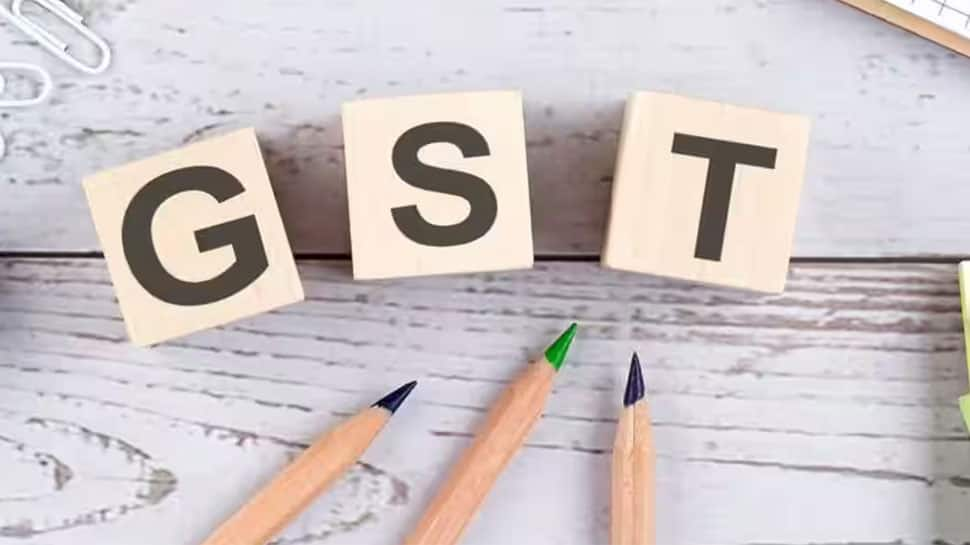Business
GST Council Meets Today to Discuss Major Tax Structure Changes

The 56th meeting of the GST Council is set to commence today in New Delhi. The two-day session, running from September 3 to 4, 2023, will start at 11:00 AM local time. Council members will deliberate on a proposal from the Group of Ministers (GoM) to simplify the current four-slab tax structure to two primary rates of 5 percent and 18 percent.
Currently, the Indian Goods and Services Tax (GST) system operates with four slabs: 5 percent, 12 percent, 18 percent, and 28 percent, along with additional levies on luxury and sin goods. Under the proposed structure, items classified as ‘merit’ goods would incur a 5 percent GST, while the majority of other products would fall under the 18 percent standard rate. A higher rate of 40 percent would continue to apply to selected sin goods, including alcohol, tobacco, and gambling products. The rationale for these taxes is to discourage consumption of harmful products and reduce associated societal impacts.
During his 12th Independence Day address, Prime Minister Narendra Modi hinted at significant economic reforms, which many anticipate may align with today’s discussions.
Proposed Reforms Focus on Structural Changes
The Finance Ministry has outlined a comprehensive proposal for GST rate rationalization aimed at benefitting various demographics, including women, students, and farmers. Key areas for reform include correcting inverted duty structures, minimizing classification disputes, and enhancing the ease of doing business.
Among the proposed pillars of reform are:
1. **Structural Reforms**: Addressing the inverted duty structures to create a more equitable tax environment. This aims to reduce the accumulation of input tax credits and promote domestic value addition.
2. **Rate Rationalization**: Reducing tax rates on essential and aspirational goods to increase accessibility for the general population. The aim is to shift towards a simplified tax structure with only two slabs, alongside special rates for a limited number of items.
3. **Ease of Living**: Enhancing the registration process for small businesses through a technology-driven approach. This includes implementing pre-filled returns to reduce errors and expedite the refund process for exporters.
The GST Council will deliberate on these recommendations and strive for early implementation to ensure the benefits are realized within the current financial year.
Potential Impact and Future Considerations
Analysts suggest that the proposed changes could stimulate economic activity and bolster key sectors. By simplifying the GST framework, the government hopes to build confidence among businesses and encourage better planning and investment strategies.
The outcome of today’s meeting may set a precedent for future tax reforms and economic strategies in India. Observers will be watching closely to see how these discussions unfold, particularly in light of the government’s commitment to enhance affordability and accessibility for all citizens.
As the GST Council convenes, the implications of their decisions could resonate throughout the economy, potentially reshaping the landscape of taxation in India for years to come.
-

 World5 months ago
World5 months agoSBI Announces QIP Floor Price at ₹811.05 Per Share
-

 Lifestyle5 months ago
Lifestyle5 months agoCept Unveils ₹3.1 Crore Urban Mobility Plan for Sustainable Growth
-

 Science4 months ago
Science4 months agoNew Blood Group Discovered in South Indian Woman at Rotary Centre
-

 World5 months ago
World5 months agoTorrential Rains Cause Flash Flooding in New York and New Jersey
-

 Top Stories5 months ago
Top Stories5 months agoKonkani Cultural Organisation to Host Pearl Jubilee in Abu Dhabi
-

 Sports4 months ago
Sports4 months agoBroad Advocates for Bowling Change Ahead of Final Test Against India
-

 Science5 months ago
Science5 months agoNothing Headphone 1 Review: A Bold Contender in Audio Design
-

 Top Stories5 months ago
Top Stories5 months agoAir India Crash Investigation Highlights Boeing Fuel Switch Concerns
-

 Business5 months ago
Business5 months agoIndian Stock Market Rebounds: Sensex and Nifty Rise After Four-Day Decline
-

 Sports4 months ago
Sports4 months agoCristian Totti Retires at 19: Pressure of Fame Takes Toll
-

 Politics5 months ago
Politics5 months agoAbandoned Doberman Finds New Home After Journey to Prague
-

 Top Stories5 months ago
Top Stories5 months agoPatna Bank Manager Abhishek Varun Found Dead in Well









